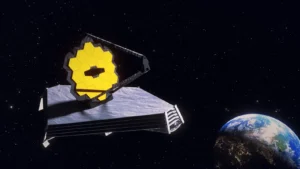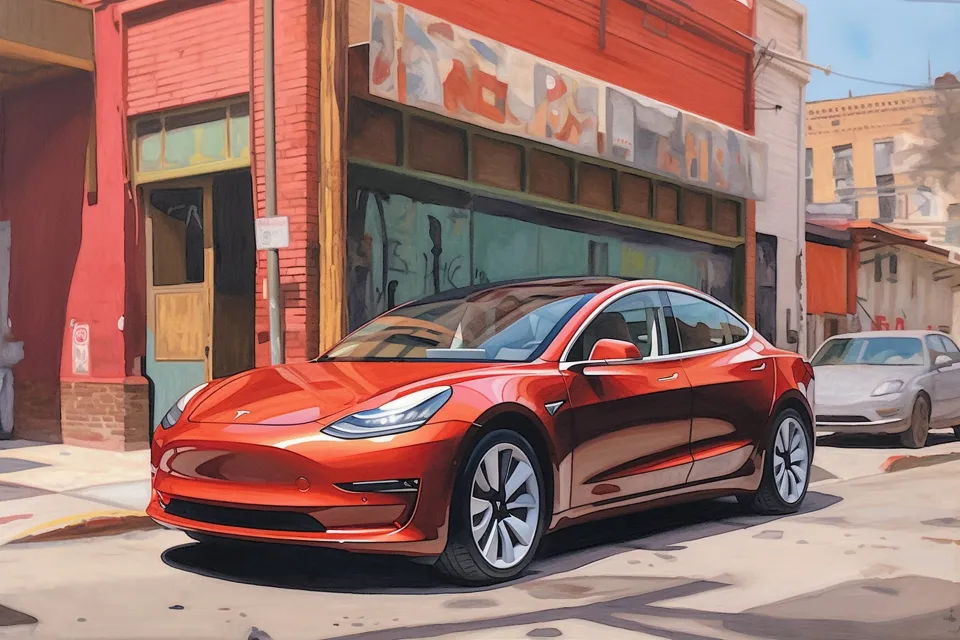
Elon Musk is a South African-born American entrepreneur and businessman who has founded several successful companies, including X.com (which later became PayPal), SpaceX, and Tesla Motors. Tesla Motors is an electric car company that was founded in 2003 with the mission to accelerate the world’s transition to sustainable energy.In the early years, Tesla faced many challenges, including the lack of infrastructure for electric vehicles and the high cost of batteries. However, the company has overcome these challenges and become one of the most successful electric car companies in the world.
Table of Contents
Elon Musk’s Leadership
Hands-on CEO
Elon Musk is known for his hands-on approach to leadership. He is involved in all aspects of Tesla’s operations, from product development to manufacturing to marketing. This has helped Tesla to stay ahead of the competition and to deliver innovative products on time.
Attention to detail
Elon Musk is known for his attention to detail. He is meticulous in his planning and execution, and he demands the same from his employees. This has helped Tesla to produce high-quality products that meet or exceed customer expectations.
Willingness to take risks
Elon Musk is not afraid to take risks. He is willing to bet big on new technologies and ideas, even if they are unproven. This has helped Tesla to innovate and to stay ahead of the competition.
Ability to attract top talent
Elon Musk is able to attract top talent to Tesla. He is known for his vision and his passion, and he creates a culture where employees are encouraged to think big and to take risks.
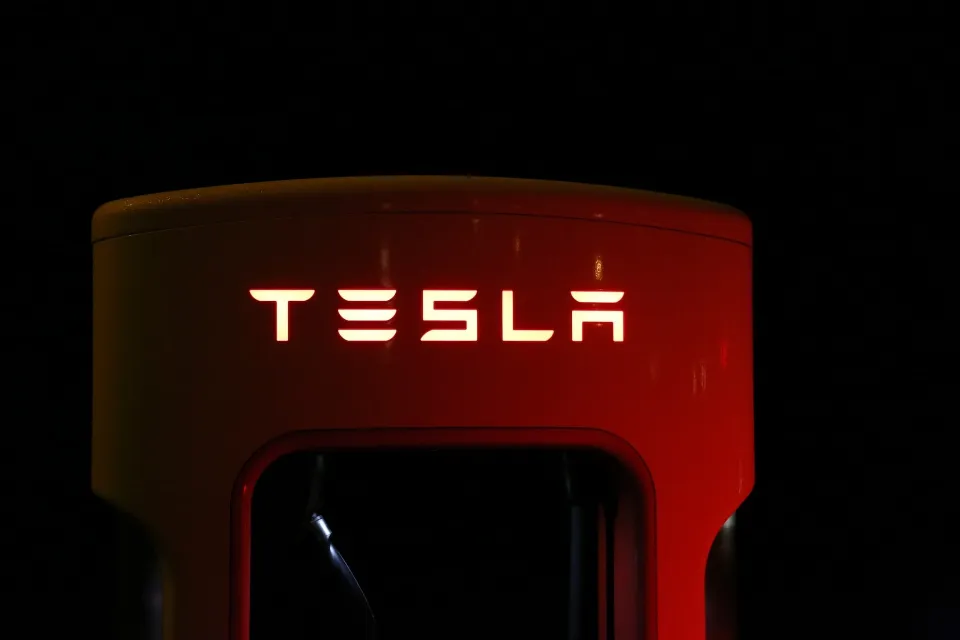
Commitment to innovation
Elon Musk is committed to innovation. He believes that Tesla can change the world, and he is constantly pushing the company to develop new technologies and products. This has helped Tesla to become a leader in the electric vehicle market.
Erratic behavior
Elon Musk has been criticized for his sometimes erratic behavior. He has been known to make impulsive decisions and to lash out at critics. This has led to some controversy, but it has also helped to make him a larger-than-life figure.
Unrealistic promises
Elon Musk has also been criticized for his tendency to make unrealistic promises. He has often set ambitious goals for Tesla, and he has not always been able to meet them. This has led to some disappointment among investors and customers.
Despite these criticisms, Elon Musk is a visionary leader who has made Tesla a success. He is a risk-taker who is not afraid to challenge the status quo. He is also a visionary who is committed to changing the world.
Tesla’s Culture of Innovation
Tesla has a strong culture of innovation, which is driven by Elon Musk’s vision and his willingness to take risks. Tesla employees are encouraged to think outside the box and to come up with new ideas. This culture of innovation has allowed Tesla to develop some of the most advanced electric vehicles on the market.
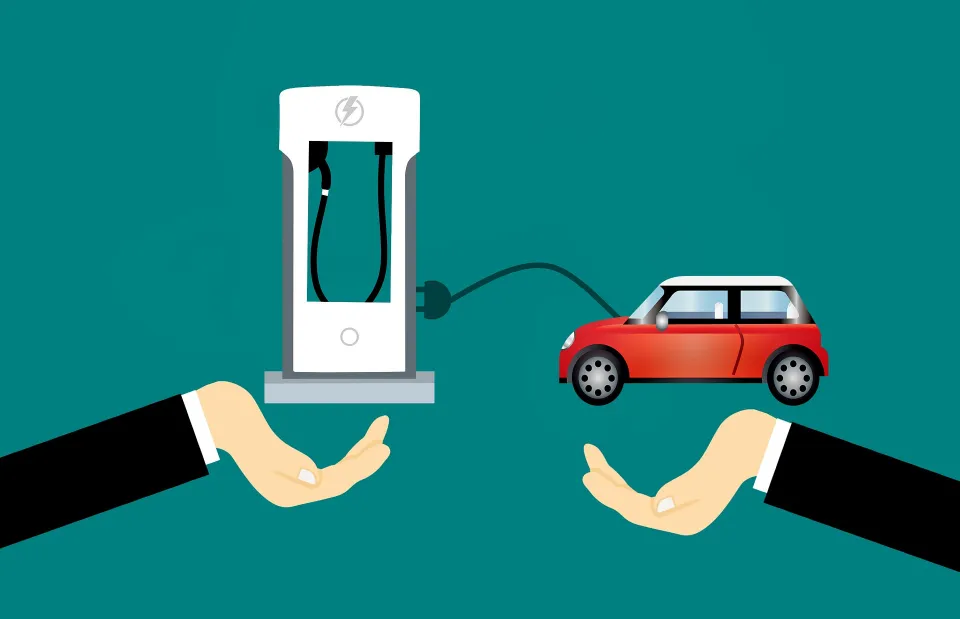
Here are some of the programs that Tesla has in place to foster innovation:
Master Plan: The Master Plan is a long-term roadmap for Tesla’s future. It outlines the company’s goals for developing new electric vehicles, batteries, and solar energy products. The Master Plan has helped Tesla to stay focused on its long-term goals and to innovate in a systematic way.
Autopilot: Autopilot is a driver assistance system that allows Tesla vehicles to drive themselves on highways. Autopilot is still under development, but it has the potential to revolutionize the way we drive.
Tesla Research: Tesla Research is a team of engineers and scientists who are working on developing new technologies for Tesla vehicles. Tesla Research is responsible for developing new battery technologies, electric motors, and self-driving software.
Tesla’s culture of innovation has helped the company to become a leader in the electric vehicle market. The company’s willingness to take risks and its focus on long-term goals have allowed Tesla to develop some of the most advanced electric vehicles on the market.
In addition to the programs mentioned above, Tesla also encourages innovation through its employee compensation structure. Employees are rewarded for coming up with new ideas and for helping to improve the company’s products and services. This incentive structure helps to create a culture where employees are constantly looking for ways to improve.
Tesla’s Accomplishments
Tesla has developed several groundbreaking electric vehicles, including:
Roadster: The Roadster was Tesla’s first vehicle, and it was released in 2008. It was the first production electric car to have a range of over 200 miles.
Model S: The Model S is a luxury sedan that was released in 2012. It is the best-selling electric car in history, and it has won numerous awards for its design, performance, and technology.
Model X: The Model X is an SUV that was released in 2015. It is the first electric SUV to be produced in mass quantities.
Model Y: The Model Y is a compact SUV that was released in 2020. It is the most affordable Tesla vehicle to date.
Tesla’s vehicles have won numerous awards for their design, performance, and technology. These awards include:
Motor Trend Car of the Year: The Model S won Motor Trend Car of the Year in 2013.
World Car of the Year: The Model S won World Car of the Year in 2013.
North American Car of the Year: The Model S won North American Car of the Year in 2013.
Automobile Magazine Car of the Year: The Model S won Automobile Magazine Car of the Year in 2013.
Tesla has also been a leader in the development of battery technology. The company has developed its own battery technology, which has helped to improve the range and performance of its vehicles.
Tesla’s Impact on the Environment
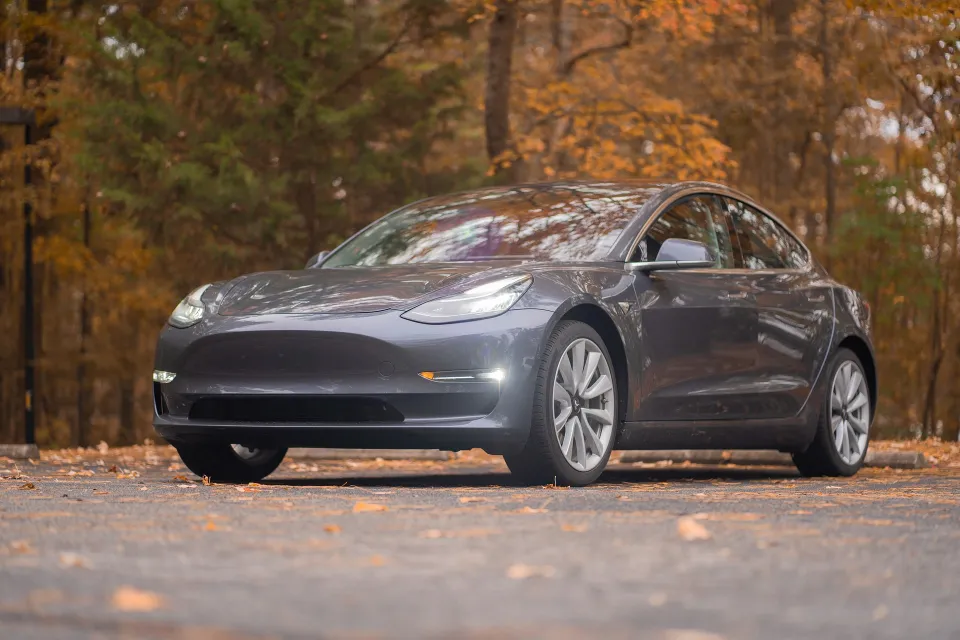
Tesla’s electric vehicles are helping to reduce air pollution and greenhouse gas emissions. Electric vehicles do not produce emissions from the tailpipe, which is a major source of air pollution. They also produce fewer emissions overall, as the electricity used to power them is often generated from renewable sources.
Cleaner Transportation
Tesla’s success is helping to create a market for electric vehicles and to make them more mainstream. As more people buy electric vehicles, the demand for them will increase, which will lead to more investment in electric vehicle technology. This could help to accelerate the transition to a cleaner and more sustainable transportation system.
Stable Climate
Tesla’s success could have a major impact on the global climate crisis. The transportation sector is a major contributor to climate change, and electric vehicles could help to reduce emissions from this sector. If Tesla is able to continue to grow and innovate, it could play a significant role in the fight against climate change.
Here are some of the specific ways that Tesla’s electric vehicles are helping to reduce air pollution and greenhouse gas emissions:
Electric vehicles produce zero emissions from the tailpipe. This means that they do not contribute to smog, soot, and other pollutants that can cause respiratory problems and other health problems.
Electric vehicles produce fewer overall emissions than gasoline-powered vehicles. This is because the electricity used to power them is often generated from renewable sources, such as solar and wind power.
Tesla’s electric vehicles are more efficient than gasoline-powered vehicles. This means that they use less energy to travel the same distance, which further reduces emissions.
Tesla’s success in the electric vehicle market is encouraging other automakers to invest in electric vehicle technology. This is a positive development, as it will help to accelerate the transition to a cleaner and more sustainable transportation system.
Tesla is also working to improve the environmental impact of its operations. The company has committed to using 100% renewable energy for its manufacturing operations by 2025. It is also working to reduce the amount of waste it produces.
The Challenges Ahead for Tesla
Tesla faces a number of challenges, including:
The high cost of batteries: The cost of batteries is one of the biggest challenges facing the electric vehicle industry. Tesla has been working to reduce the cost of batteries, and it has made significant progress in recent years. However, the cost of batteries is still a major factor that limits the affordability of electric vehicles.
The lack of charging infrastructure: Another challenge facing the electric vehicle industry is the lack of charging infrastructure. There are not enough public charging stations available, which makes it difficult for electric vehicle owners to travel long distances. Tesla is working to address this challenge by building its own network of charging stations.
The competition from traditional automakers: Traditional automakers are starting to take electric vehicles seriously. They are investing heavily in electric vehicle development, and they are starting to launch new electric vehicles. This competition could pose a challenge to Tesla in the future.
The supply chain disruptions: The global supply chain disruptions caused by the COVID-19 pandemic have also had a significant impact on Tesla. The company has been forced to delay the production of its vehicles due to shortages of parts and materials.
Tesla will need to continue to innovate and to reduce costs in order to remain competitive. The company will also need to expand its production capacity in order to meet demand.
The Future of Electric Vehicles
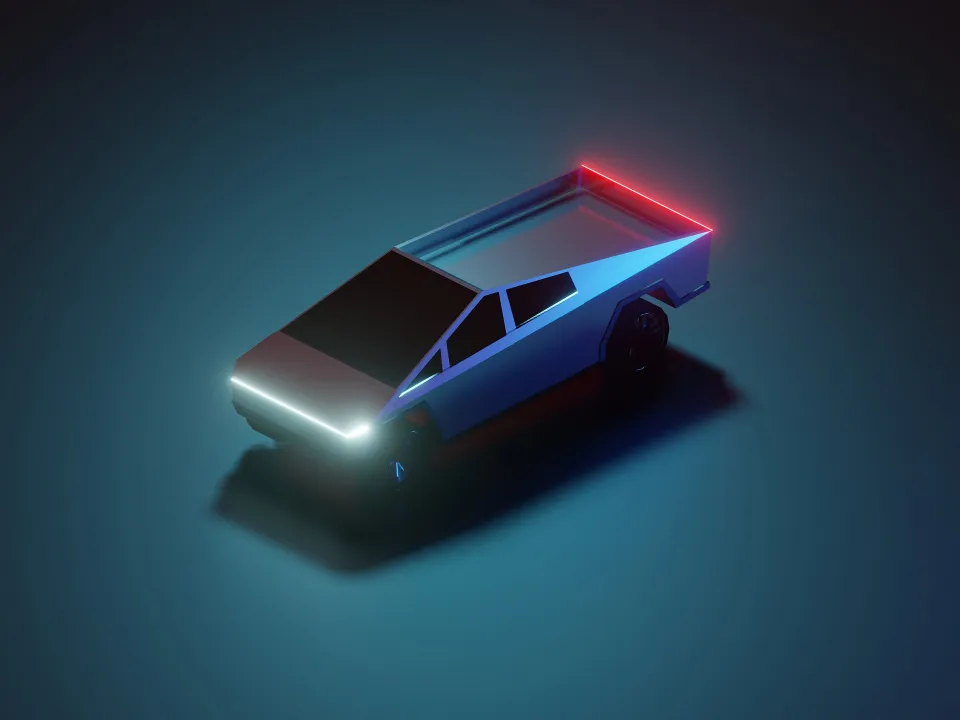
The electric vehicle market is growing rapidly. The global electric vehicle market is expected to grow from 7.2 million units in 2021 to 28.9 million units in 2028, at a compound annual growth rate (CAGR) of 23.5%. This growth is being driven by a number of factors, including:
- The increasing awareness of the environmental impact of gasoline-powered vehicles.
- The declining cost of batteries.
- The increasing availability of charging infrastructure.
- Government incentives for electric vehicles.
Here are some of the trends that are expected to shape the future of electric vehicles:
- The increasing affordability of electric vehicles. The cost of batteries is declining, which is making electric vehicles more affordable. This trend is expected to continue, making electric vehicles more accessible to a wider range of consumers.
- The expansion of charging infrastructure. The availability of charging infrastructure is a major barrier to the adoption of electric vehicles. However, this is expected to improve in the coming years, as governments and businesses invest in more charging stations.
- The development of self-driving technology. Self-driving technology could make electric vehicles more convenient and safer to use. Tesla is a leader in the development of self-driving technology, and this could give the company a competitive advantage in the future.
- The increasing demand for electric vehicles from commercial and fleet users. Commercial and fleet users are increasingly looking to electric vehicles as a way to reduce their operating costs. This trend is expected to grow in the coming years, as the cost of electric vehicles continues to decline.
The future of electric vehicles is bright. The market is growing rapidly, and Tesla is well-positioned to benefit from this growth. The company’s success could help to accelerate the transition to a clean energy future.
The Future of Tesla
Tesla plans to continue to grow and innovate in the electric vehicle market. The company has a number of ambitious plans for the future, including:
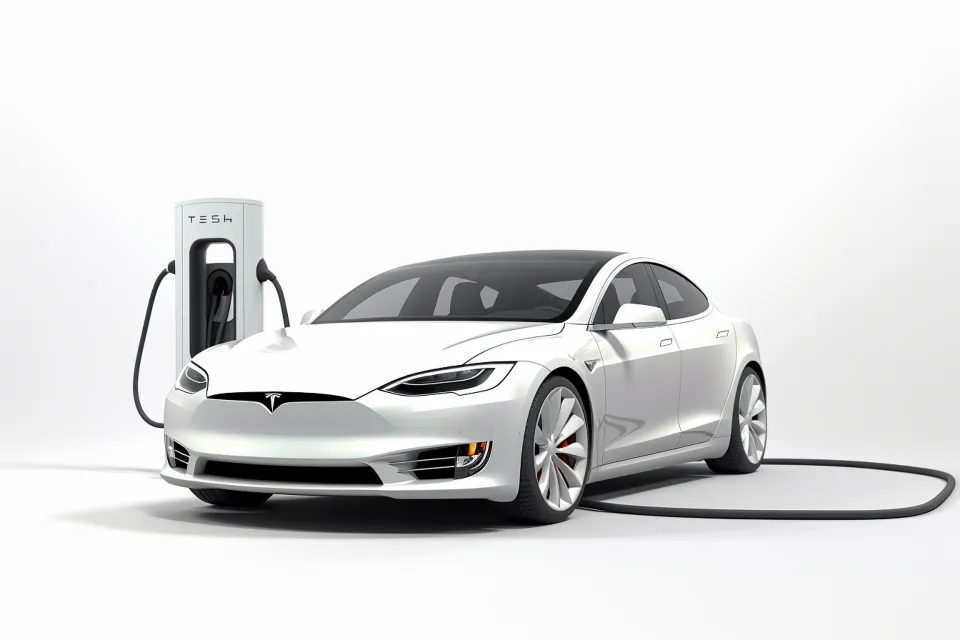
Include more affordable models
Tesla currently offers a range of electric vehicles, but they are all relatively expensive. The company plans to launch more affordable models in the future, which could help to make electric vehicles more accessible to a wider range of consumers.
Developing self-driving technology
Tesla is a leader in the development of self-driving technology. The company plans to continue to develop this technology and to make it available in its vehicles. Self-driving technology could make electric vehicles more convenient and safer to use.
Building its own battery factory
Tesla currently sources its batteries from other companies. The company plans to build its own battery factory, which would give it more control over the supply of batteries and could help to reduce costs.
Expanding its manufacturing capacity
Tesla is currently producing electric vehicles at its factory in Fremont, California. The company plans to expand its manufacturing capacity by building new factories in other countries. This would help Tesla to meet the growing demand for its vehicles.
Conclusion
In summary, thanks to Elon Musk’s leadership, Tesla has become a big success. They’ve made electric cars like the Roadster, Model S, Model X, and Model Y that have won awards for their cool designs and great technology. Tesla is also good at making batteries. People now see Tesla cars as a good choice instead of gas cars. Tesla wants to make electric cars cheaper and available to more people, which is good for the environment. So, Tesla’s success might help our planet by fighting climate change.
But what about Tesla’s ventures beyond cars? If you’re curious about Tesla’s foray into robotics and want to learn more about the exciting prospects of the Tesla Optimus Bot, be sure to check out our article on Tesla Optimus Bot: The next big thing in robotics?








